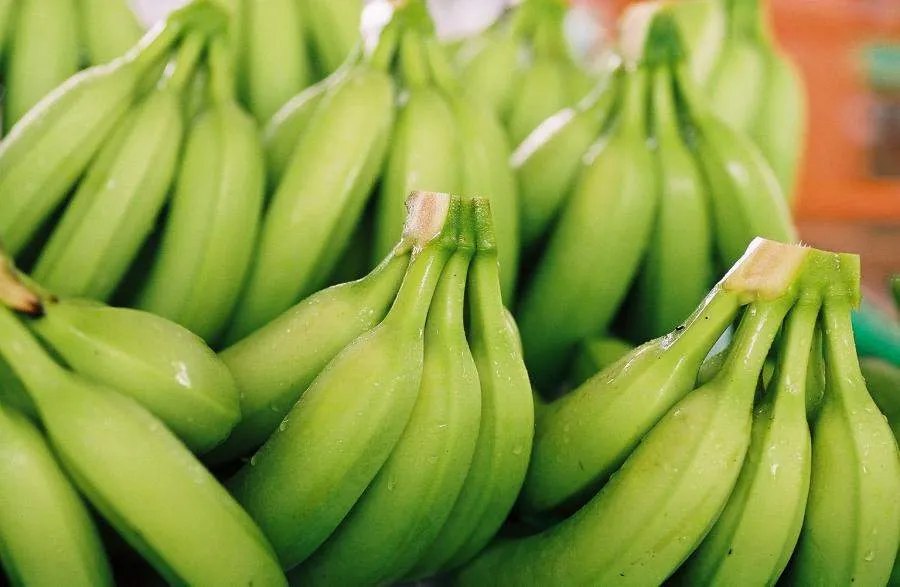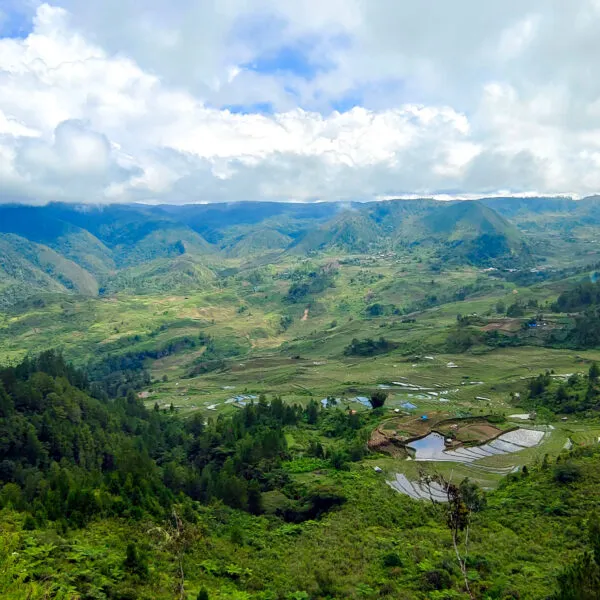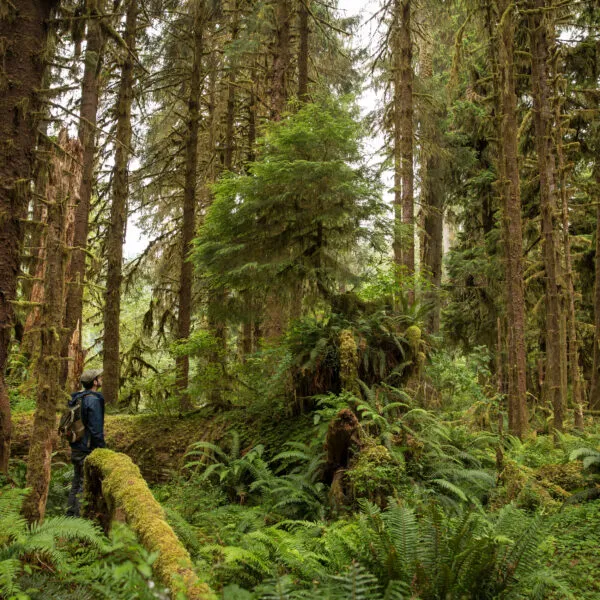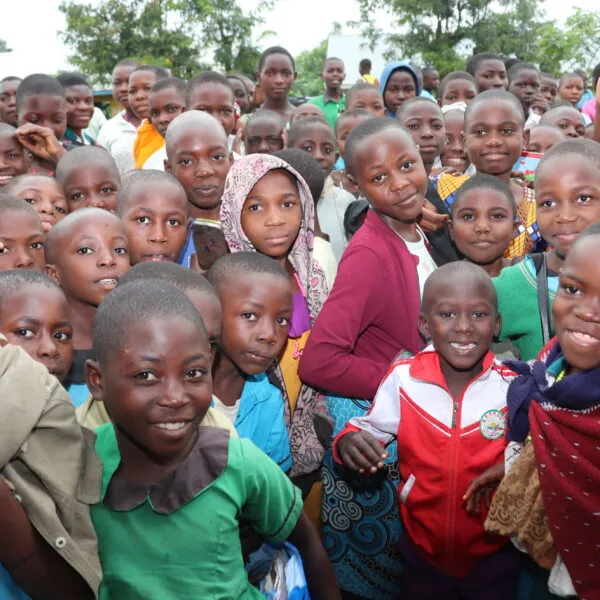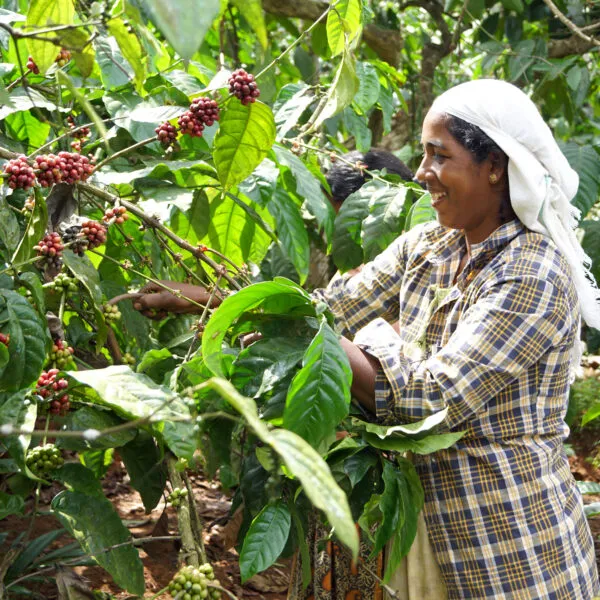The banana industry has historically been linked to ecosystem degradation, high agrochemical usage, and poor conditions for workers. Despite recent progress, ongoing sustainability challenges remain.
Banana production still uses more agrochemicals than other commodities, directly affecting the health of workers, nearby households, and aquatic systems. Small and medium-sized banana farms have the lowest productivity rates and require financial management training to effectively manage farm businesses. Gender equality studies show that women in banana households have limited access to sanitation improvements or micro credit. Climate change is increasing the incidence of pests and diseases and prompting unpredictable extreme weather events that further stress farm productivity and profits.
The Rainforest Alliance’s Sustainable Agriculture Standard is delivering positive impacts to these environmental and social issues, as well as increasing transparency to influence sector-wide improvements along the value chain.
Through this collaborative initiative, supported by Walmart.Org and in partnership with banana sector stakeholders, we will:
- Help producers improve their farm business management and adopt sustainability best practices.
- Minimize agrochemical use and risk.
- Conserve natural ecosystems and promote climate resilience.
Location
Guatemala and Ecuador
Project objectives
- Farms covering 8,100 hectares of land reduce the volume of pesticides used by 30 percent compared to baseline levels and develop pesticide substitution plans for any of WHO’s list of 150 most toxic pesticides used in their operation.
- Farms spanning 8,100 hectares achieve an 8 percent increase in native vegetation set aside and establish farm buffer areas to promote broad watershed protection and ecological connectivity.
- At least 36 farms develop and implement productivity enhancement plans with clearly defined and economically feasible implementation goals against baseline measurements of social and economic conditions.
- At least 2,400 women and youth in banana producing households improve their household health and sanitation practices and are better prepared to access micro-finance.
- At least 20 key national and multi-national stakeholders in the banana sector work to determine the cost of sustainable production for banana producers in Guatemala and Ecuador by acquiring and analyzing discrete metrics at the farm level on productivity, wages, benefits, and income.
Partner communities
This initiative will work directly with farmers and farm workers in Ecuador and Guatemala, serving around 8,400 people.
Funder
Walmart Foundation
Project partners
Agroban Ecuador
Rainforest Alliance contact
Oscar Maroto, Fruit Lead, Origins
